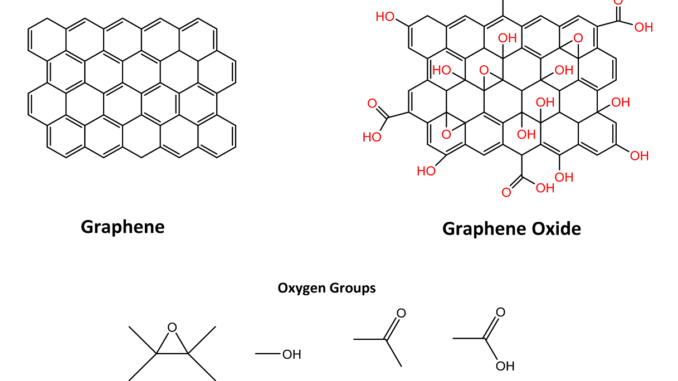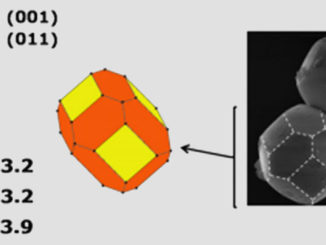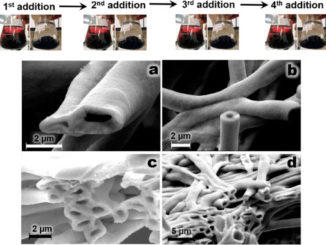
Nanocomposite Materials Based on Electrochemically Synthesized Graphene Polymers: Molecular Architecture Strategies for Sensor Applications
Abstract: The use of graphene and its derivatives in the development of electrochemical sensors has been growing in recent decades. Part of this success is due to the excellent characteristics of such materials, such as good electrical and mechanical properties and a large specific surface area. The formation of composites and nanocomposites with these two materials leads to better sensing performance compared to pure graphene and conductive polymers. The increased large specific surface area of the nanocomposites and the synergistic effect between graphene and conducting polymers is responsible for this interesting result. The most widely used methodologies for the synthesis of these materials are still based on chemical routes. However, electrochemical routes have emerged and are gaining space, affording advantages such as low cost and the promising possibility of modulation of the structural characteristics of composites. As a result, application in sensor devices can lead to increased sensitivity and decreased analysis cost. Thus, this review presents the main aspects for the construction of nanomaterials based on graphene oxide and conducting polymers, as well as the recent efforts made to apply this methodology in the development of sensors and biosensors.
Author(s): Olean-Oliveira, André ; Brito, G.A.O.; Cardoso, C.X.; Teixeira, M.F. S.
Chemosensors
Published: 18 June 2021




